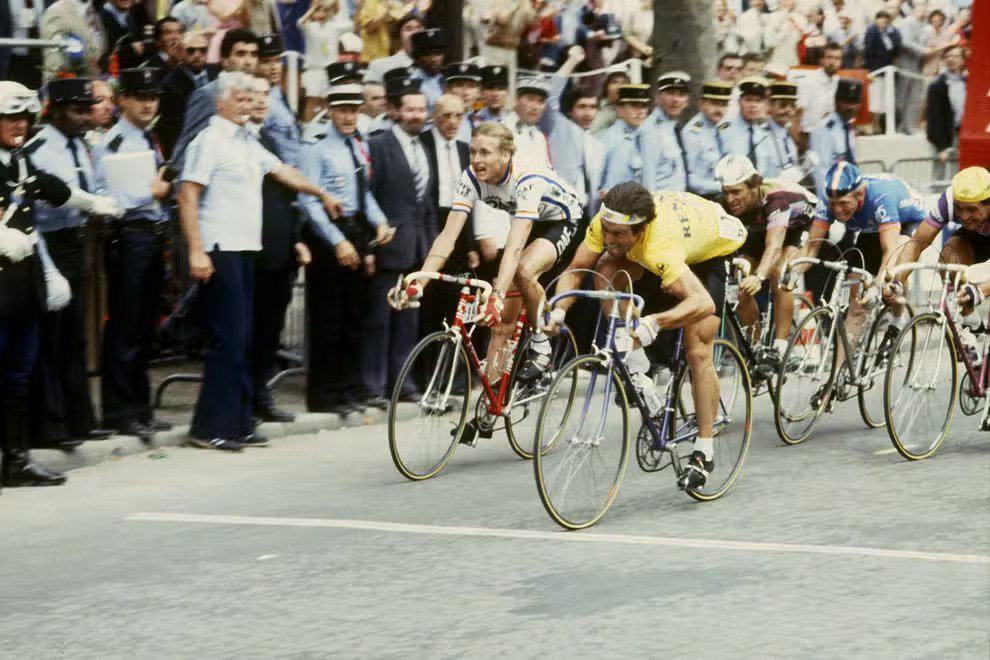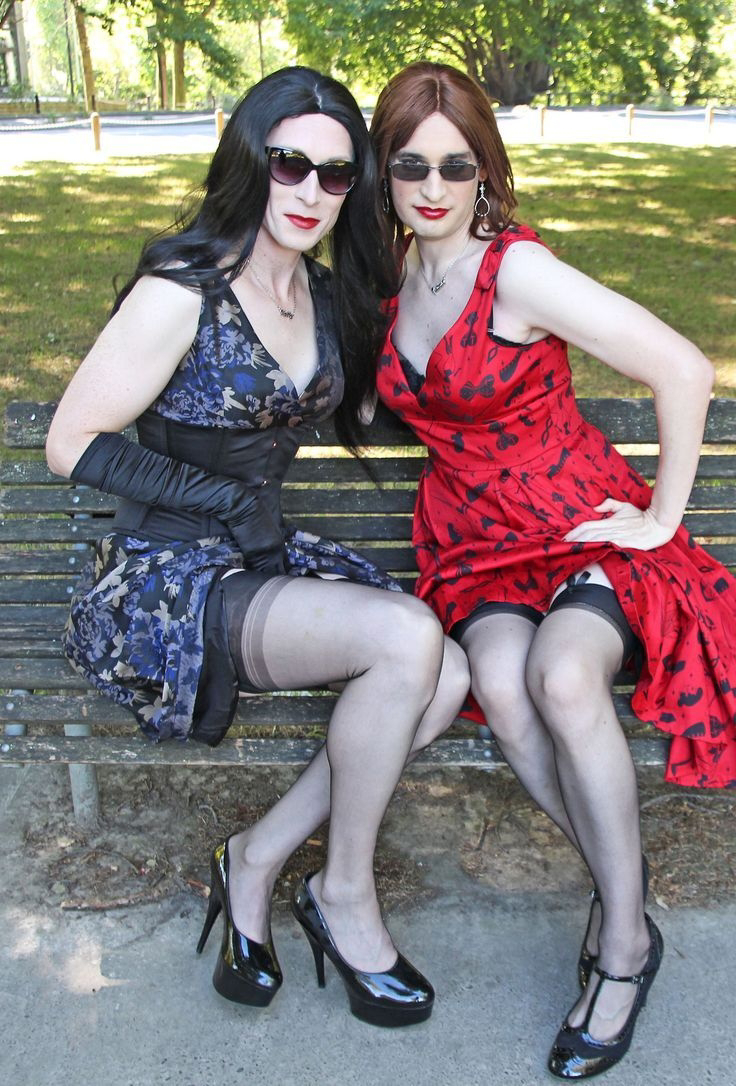Reading Proust expands your universe and your inner life for at the core is a set of big, wonderful, difficult questions about life. Here are a few of them: how we can feel at home in the world; how we can find genuine connection with other human beings; how we can find enchantment in a world without God or if indeed is it possible; how art can transform our lives; whether an artist’s life can shed light on her work; what we can know about reality, other people, and ourselves; when not knowing is better than knowing; who we are really, deep down; what memory tells us about our inner world; why it might be good to think of our life as a story; and how we can feel like a single, unified person when we are torn apart by competing desires and change over time.
Tuesday, 18 July 2023
Sir Jack Brabham's three world championships ( 1959, 1960, 1966) were the product of both his engineering expertise and driving skill. His first two titles, in rear-engined Coopers he helped develop, confirmed the obsolescence of front-engined Formula One cars. His third title, in a Brabham, made him the only driver to become champion in a car of his own make. His last win came at the 1970 South African Grand Prix, after which, aged 44 and with 126 races behind him, the triple champion retired to Australia. His now-defunct team was sold to future Formula One supremo Bernie Ecclestone while Ron Dennis, Brabham’s erstwhile chief mechanic, went on to transform McLaren.
Brabham may not have been a big talker or particularly flamboyant but he was as shrewd as they come. Behind the wheel he was anything but shy and retiring. He put his head down and drove exceedingly forcefully, opposite-locking his car dirt-track style, and was not averse to deliberately showering gravel in the face of a too closely following pursuer. His aversion for the limelight became more of a problem in 1960, when he completely dominated the nine-race series, winning consecutively in Holland, Belgium, France, Britain and Portugal, en route to his second successive championship.
For 1966, when the new 3-litre formula came into effect, Brabham persuaded an Australian company Repco (a manufacturer of automotive components) to produce a Formula One engine from a venerable Oldsmobile V8 design. Equally ancient was Brabham himself, or so it seemed to the media and his much younger rivals who used to kid him about his age. Prior to the 1966 Dutch Grand Prix, his first race after his 40th birthday, 'Geriatric Jack' Brabham hobbled onto the starting grid at Zandvoort, wearing a long false beard and leaning on a cane. Sportingly, several of his laughing opponents helped him into the cockpit of his Brabham-Repco, which happened to be on pole position.
Frenchman Bernard Hinault from L'Equipe strains for the finish line at the last stage - Fontenay-sous-Bois to Paris (Champs-Élysées) - to win the Tour de France in 1982. Hinault, who had won the Tour in 1978, 1979 and 1981, and left the 1980 Tour in leading position, was the clear favourite for victory in 1982 Tour de France. In those other years, Hinault had won several races before the Tour, but in 1982 he had only won one major race, the 1982 Giro d'Italia. Hinault became the fourth cyclist, after Fausto Coppi, Jacques Anquetil and Eddy Merckx, to win the Giro-Tour double. In sum, Hinault claimed 28 stages wins from 1978-1986.
Subscribe to:
Comments (Atom)
-
This summary is not available. Please click here to view the post.











